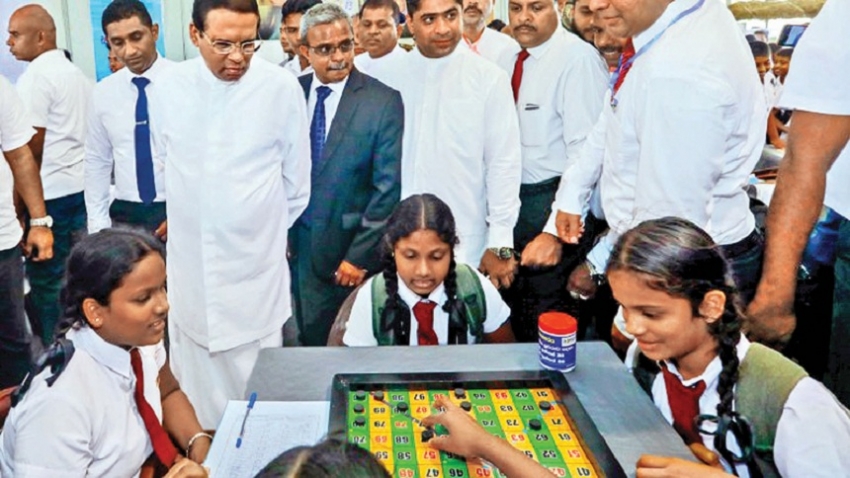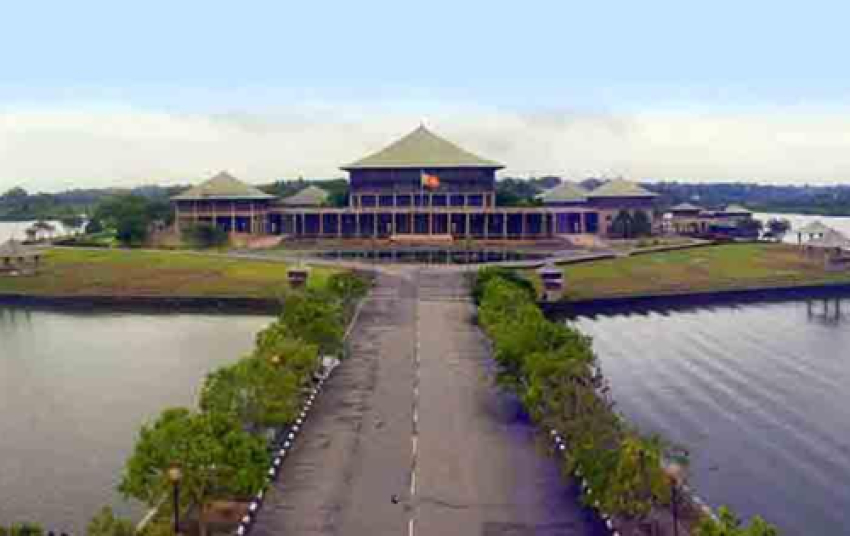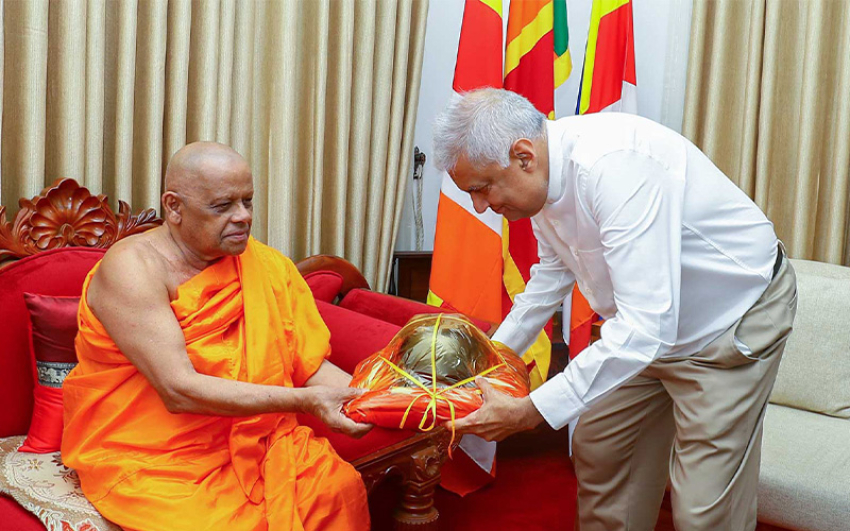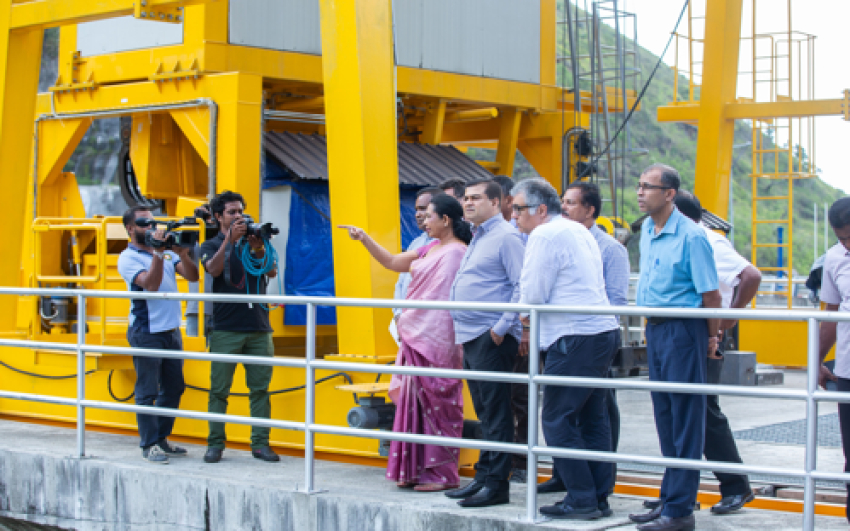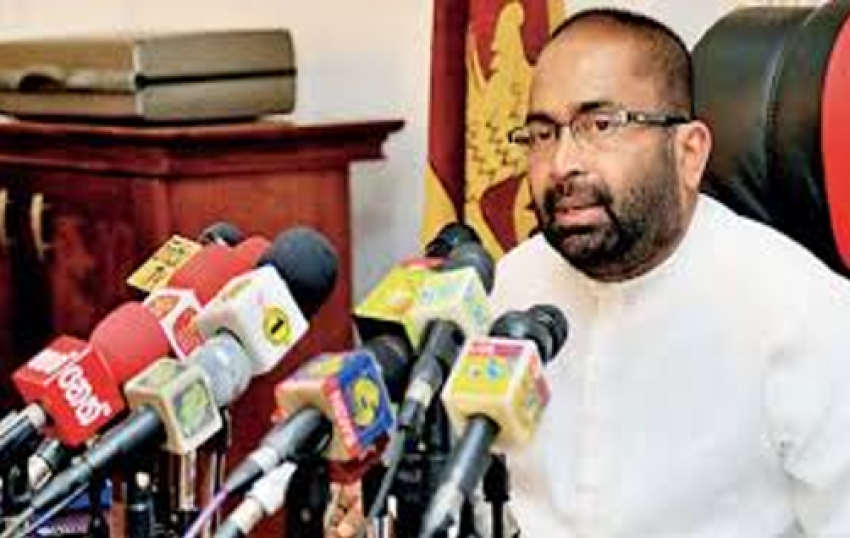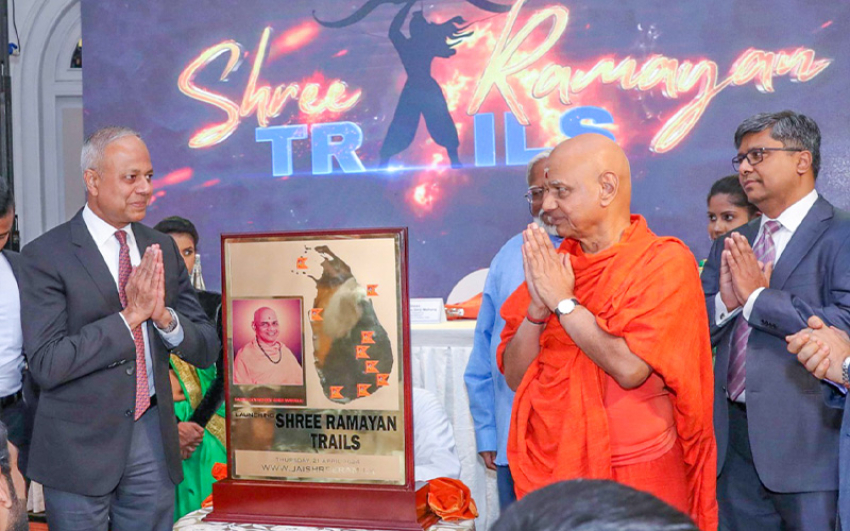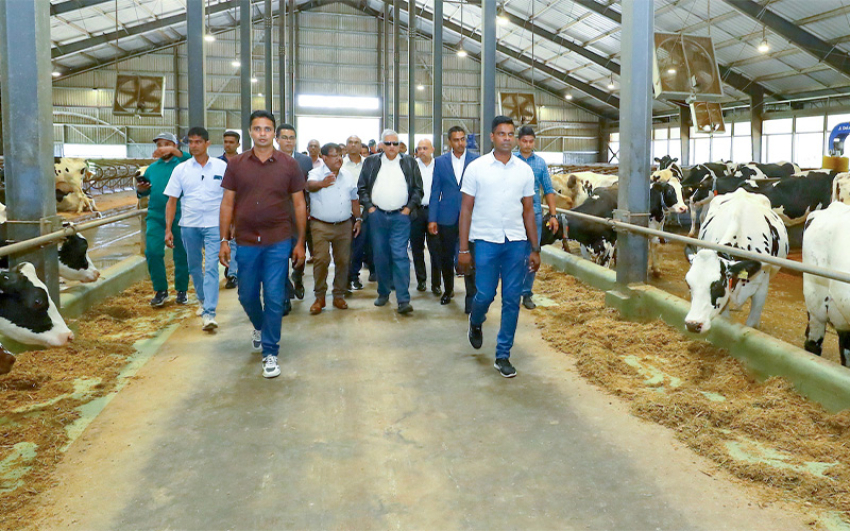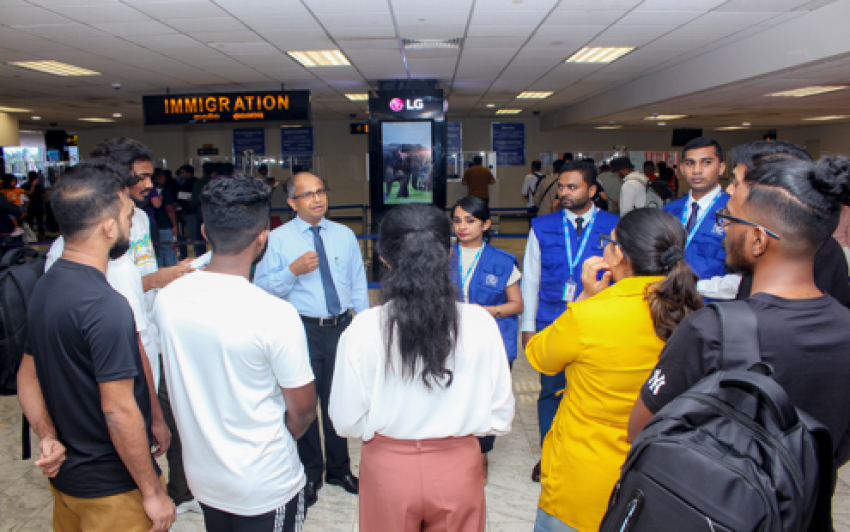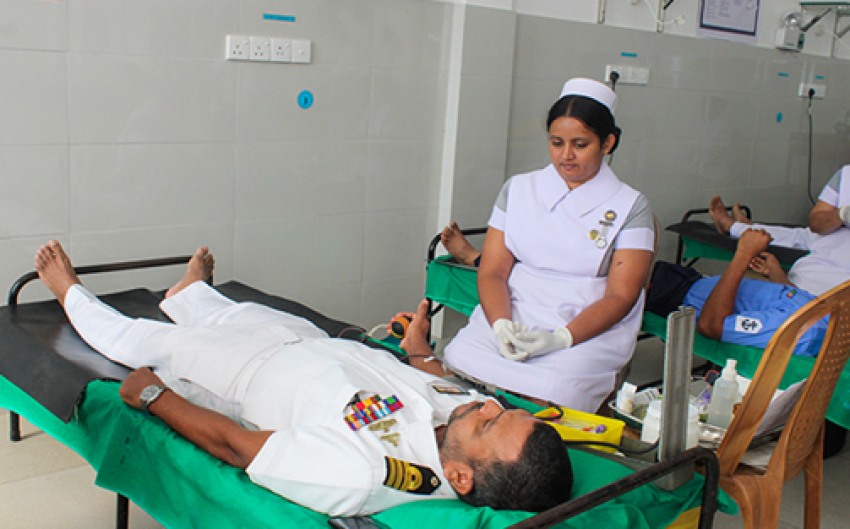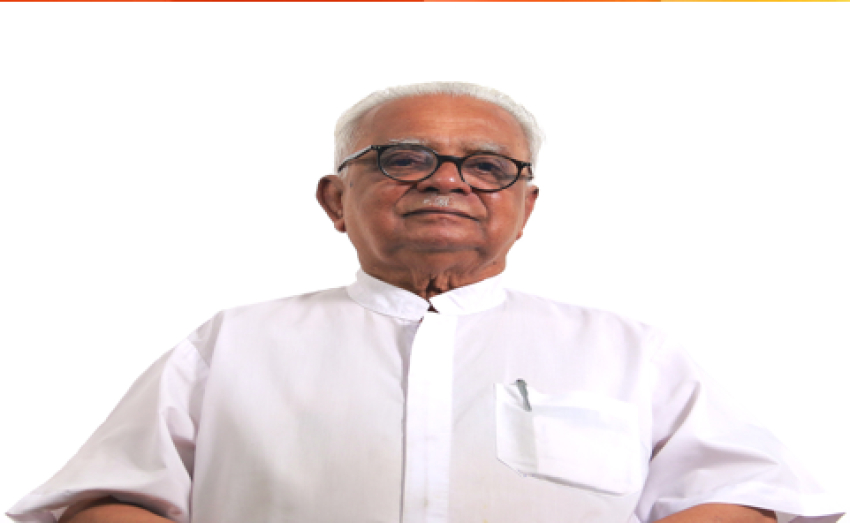The educated youth are the most important resource of a country. Furthermore, educated professionals are essential for a country to attain development goals. Sri Lanka, even before independence, realised the imperative need of education and became the first country in Asia to introduce universal free education from kindergarten to university education.
When educated youths leave the country for work in other countries in which lucrative employment opportunities are given, the home country loses its talents stunting its ability to accelerate growth. In this game of brain-drain, the country that took the trouble to breed and nourish them loses its educated manpower, while other countries that did nothing become beneficiaries.
Sri Lanka allocates a huge sum of money for free education. The youth are expected to pay back their debt to the nation by serving the home country using their acquired skills. However, when they are absorbed in lucrative foreign nations, they serve the economies of new masters without giving a second thought to the mother country, which provided them with knowledge and skills at a high cost.
Foreign employment
At the same time, those who leave the country for foreign employment argue that the country cannot utilize their skills as the employment opportunities are insufficient. President Maithripala Sirisena referred to the issue of brain-drain as well as the need to reverse the trend on two occasions this month. Addressing the Shilpa Sena Exposition organised by Science, Technology and Research Ministry at Gallella National Stadium in Polonnaruwa on September 25, the President emphasised the importance of the role of science and technology in building the nation.
“Our undergraduates have to struggle to find suitable employment opportunities due to our education system which lacks science and technology. Hence, it is imperative to make amendments to the national educational policies while introducing and implementing advanced educational methodologies that are in practice in the developed world,” he said and added, “The world evolved through the innovations by science and technology.”
As Sri Lanka is in great need of science, technology and research in addressing issues arisen due to climate change, the experts in these fields should come forward to offer a helping hand, the President added. Held under the theme of Savimath Dathin Pohosath Ratak (Prosperous Nation through Strong Hands), Shilpa Sena Exposition has been divided into five zones such as technology zone, entrepreneurship and job market, innovation zone, green zone and entertainment zone. The STEM education, space technology, biotechnology, robotics and nanotechnology, neural technology, artificial intelligence, mechatronics, new power generation, blue-green technology and 5G IoT are some of the components of the technology zone. More than 250 new inventions by Sri Lankans were exhibited at the exposition while measures are underway to commercialise these products.
Earlier this month, President Sirisena said that the emigration of professionals and intellectuals in various fields, especially in medical, engineering and technological fields, is a major problem for the development of the country. Addressing the newly appointed graduate teachers at Nelum Pokuna in Colombo on September 7, he said while the government is not ready to impose rules and regulations on the freedom to emigrate, the professionals and intellectuals as citizens of the country who were nurtured by the free education should commit themselves according to their conscience to fulfil their responsibilities towards the country. President Sirisena, expressing his views further said that a country filled with intellectuals move towards the development rapidly. He also said that the assistance of the scholars and intellectuals is essential in achieving economic prosperity and the development of the country.
Free education
He said while the government is spending a huge sum of money on free education and to provide facilities, an immediate programme to solve the internal issues in the teaching service is needed. He added that there is a necessity to enter into a broad and efficient programme in collaboration with the government, provincial councils and ministry of education and all the institutions to solve the problems.
Many have expressed their concern about the rising incidence of educated youth leaving the country for employment in developed countries. This is specifically a relevant issue in a background of Sri Lanka’s labour force falling as observed by the World Bank in its recently released Sri Lanka Development Update 2019. On top of this, labour force participation in Sri Lanka has historically been low with only about half of the eligible people between the ages of 15 and above offering their services to the market. While male participation has been around 72%, female participation has been low at about 35%. Of them, the youth consisting of those between the ages of 25 and 40 have been the largest segment in the labour force, making up of almost the entirety of the people in that age group. Hence, if they leave the country, it is considered a severe loss to the economy.
However, the Central Bank in its Annual Report for 2018 has stressed the need for changing the structure of foreign employment from unskilled and semi-skilled categories to skilled categories to enable the country to maximize the earnings from foreign remittances. At present, of the annual migrant workers, about 55% constitutes unskilled and semi-skilled categories, while about 32% belongs to the skilled categories. Hence, the debate continues and some times, some even suggest that Sri Lanka should ban the foreign employment of its workers altogether.
Economist Dr. W. A. Wijewardena said that the protest against the practice, commonly known as brain-drain, is based on both economic and non-economic reasons. The government which could have raised its efficiency by hiring the educated youth will not be able to serve the people properly. Hospitals, both public and private, are unable to treat the patients because of the shortage of qualified physicians. Engineering firms are unable to build new structures because of the shortage of engineers. Schools are unable to teach students, specifically subjects like mathematics, science and English, because of the shortage of qualified teachers. In this manner, the brain-drain has adversely affected the whole economic life hindering the economy’s ability to grow.
As Dr. Wijewardena pointed out, Sri Lanka should encourage the countrymen working abroad to return with experience, capital and better management techniques. These are woefully lacking in the country at the present state of economic development and if they are equipped with the skills and capital, together with experience, they, certainly will be able to serve the motherland better.

